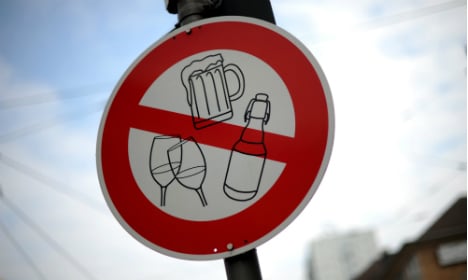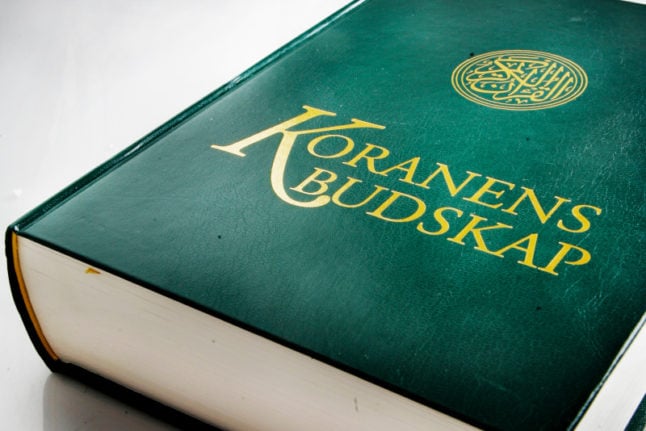Alcohol, sweets and meat are the things more than half of Germans most commonly give up for Lent, a poll by German health insurer DAK shows.
Booze was most likely to be renounced, and with good reason. In 2014, Germans drank more beer than the year before for the first time in a decade.
Around 70 percent of respondents said alcohol was something they had given up in the past.
PHOTO GALLERY: Germany and the Seven Deadly Sins
After alcohol came sweets (64 percent), meat (41 percent) and smoking (40 percent).
A German minister on Tuesday asked people to not throw things they are renouncing in the bin.
"Lent is a good opportunity to think about the value in our food," said Food and Agriculture Minister Christian Schmidt.
The DAK survey also showed that Germans were also ready to give up watching television (33 percent) as well as internet-connected devices like computers and mobile phones (27 percent).
For others, Lent also meant an opportunity to do something for the environment, as 15 percent give up their car for the seven weeks.
And while Germans often give up things because it's good for them, people living in states with higher numbers of churchgoers are most likely to give something up.




 Please whitelist us to continue reading.
Please whitelist us to continue reading.
Member comments